To what extent are anti-discrimination policies and actions required to ensure the eradication of extreme poverty?
Overseas Development Institute (ODI) in London hosted an event on the 16th June 2016 Anti-discrimination measures: a path out of poverty to launch the findings of an evidence review on impact of anti-discrimination measures and affirmative actions on the lives of the poorest people in middle and low-income countries. Evaluating anti-discrimination measures is a rigorous review of evidence of anti-discrimination measures in three main areas: political participation, education and labour written by Anna Mdee, Rachel Marcus and Ella Page. The key messages of the report can be found here.
The review found considerable evidence of anti-discrimination measures in South Africa and India. Prof Vusi Gumede - Professor and Head of the Thabo Mbeki African Leadership Institute at the University of South Africa and Prof Sukhadeo Thorat - Professor in Economics at the Jawaharlal Nehru University and Chairman of the Indian Council of Social Research explained the context of anti-discrimination in both countries . Prof Gumede expressed the importance of considering the heavy heritage left by apartheid. The post-apartheid development experience includes: unemployment, poverty and inequality as well as tensions in race relations. Consequently, inclusive development in South Africa requires structural changes and reconfiguration of state-capital relations. Important will also be the consensus between the state and the private sector on how to pursue economic development in the next years.
Prof Thorat argued that the poverty level of excluded groups (scheduled castes/tribes and muslims) in India is higher than the rest of the population. Discrimination is the reason why the excluded groups are lagging behind. To change the current situation, there is a need for policies targeting these specific groups, that’s why the project research, and the research findings, are so relevant and timely. They show what has been done, and consequently, what is still needed to be done in three very important areas, such as political participation, education and labour markets.
“The poverty level of excluded groups - scheduled castes/tribes and muslims - in India is higher than the rest of the population. Discrimination is the reason why the excluded groups are lagging behind. - Prof Thorat.”
Commenting on the report, Sara Hossain, Honorary Executive Director Bangladesh Legal Aid and Services Trust highlighted the need to look into the links between international human rights law and national law and leading a political economy analysis in terms of who holds the power and how it is distributed.
Jelke Boesten, Reader in Gender and Development at the King’s College of London suggested that we should become more radical with the new development agenda, especially when it comes to gender equality. Waiting for women to be empowered has shown its limitations and we should be more proactive in giving power, for example through scholarships, educational programmes. Gender should be embedded in all development goals, not just be summarised in one. If the agenda isn’t opened up beyond traditional understanding of gender, and including intersections, then actually we’re not breaking the assumptions and stereotypes.
“We should become more radical with the new development agenda, especially when it comes to gender equality. If the agenda isn’t opened up beyond traditional understanding of gender, and including intersections, then actually we’re not breaking the assumptions and stereotypes”
Jelke Boesten ”
Alexandre Cote, Capacity Building Programme Manager at the International Disability Alliance highlighted the lack of evidence on anti-discrimination measures for disabled people in the different countries. He warned that too much focus on quotas or affirmative action can distract from more systemic analysis of how to combat discriminatory aspects of a society. He gave the example of segregated school for people with disabilities as an example of how even in OECD countries, people with disabilities are discriminated against.
If you have missed the event, you can watch it now below
... and check out some pictures!
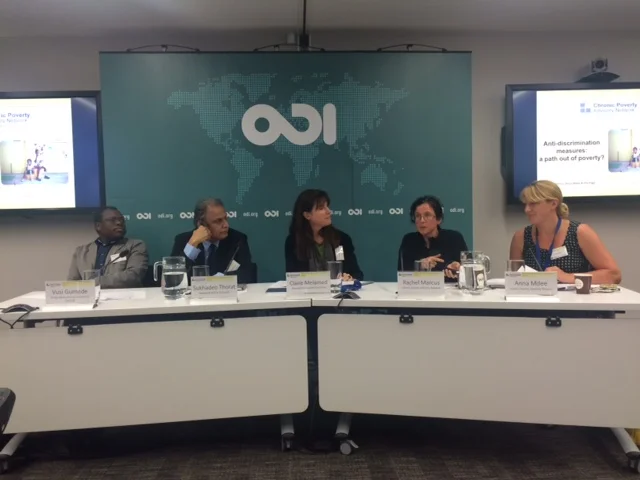
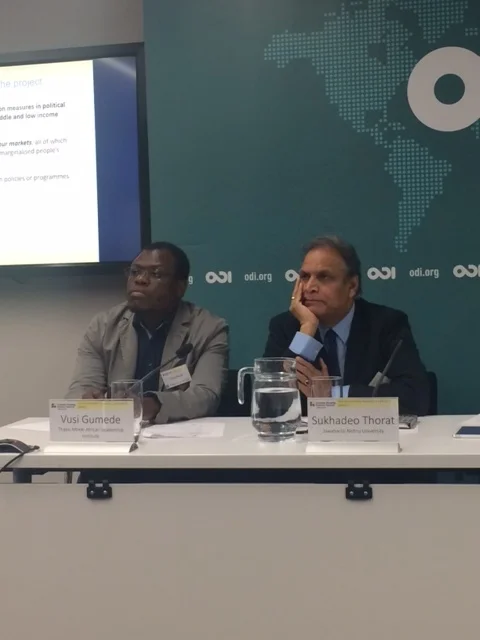
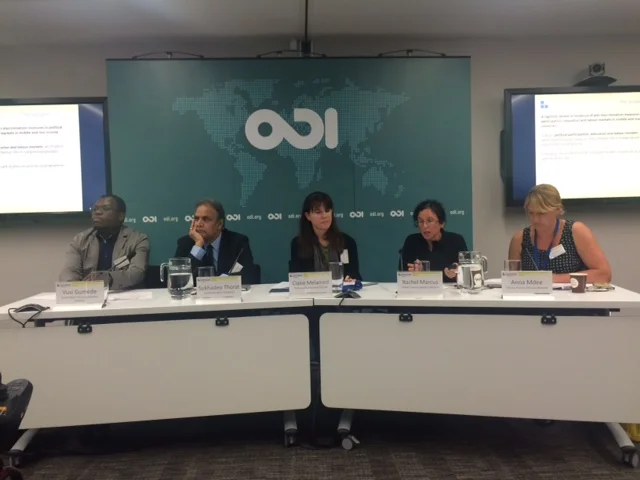
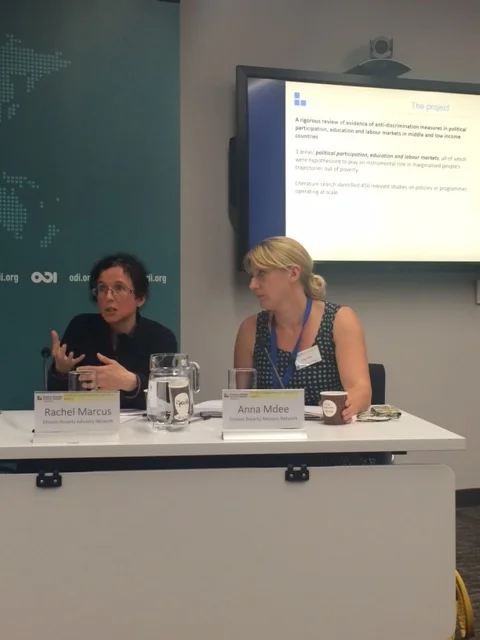
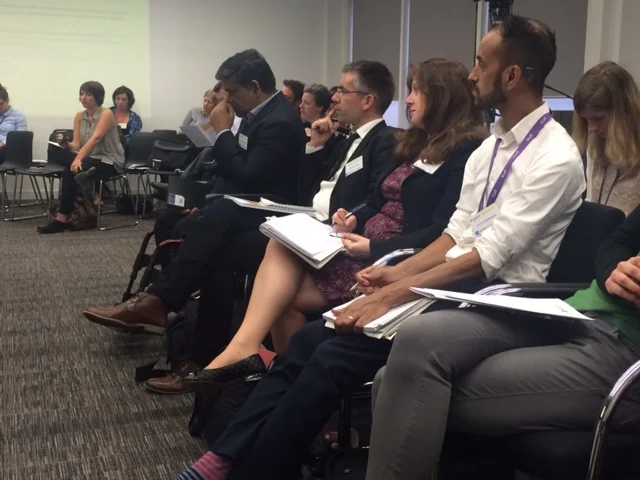
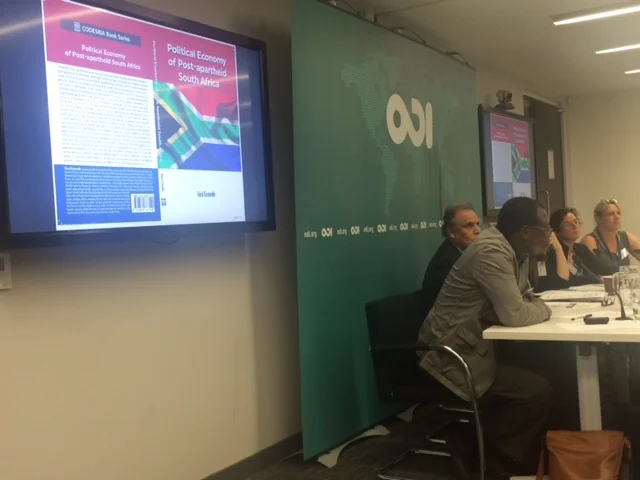
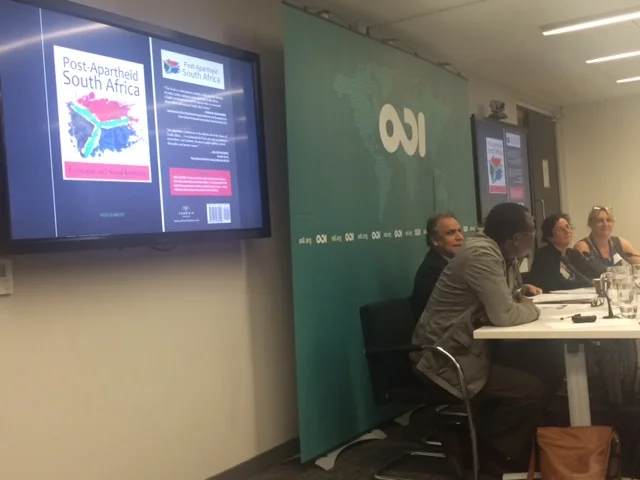
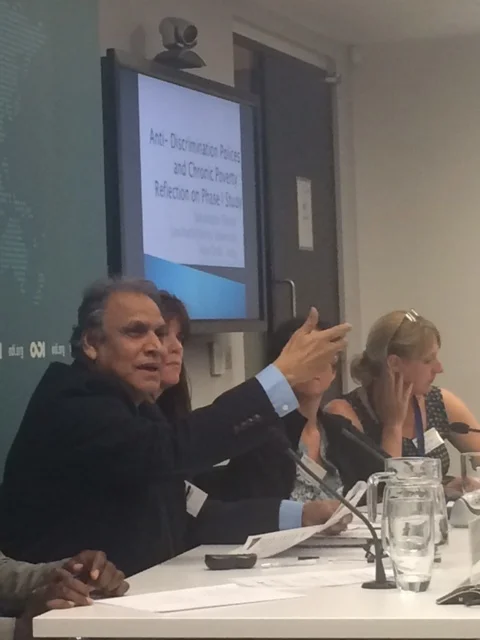
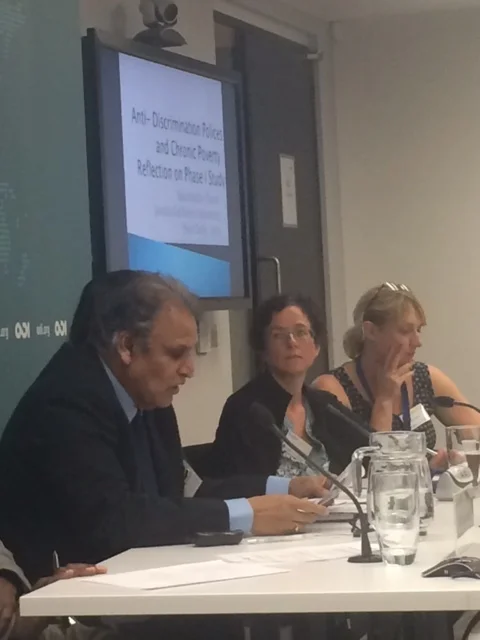
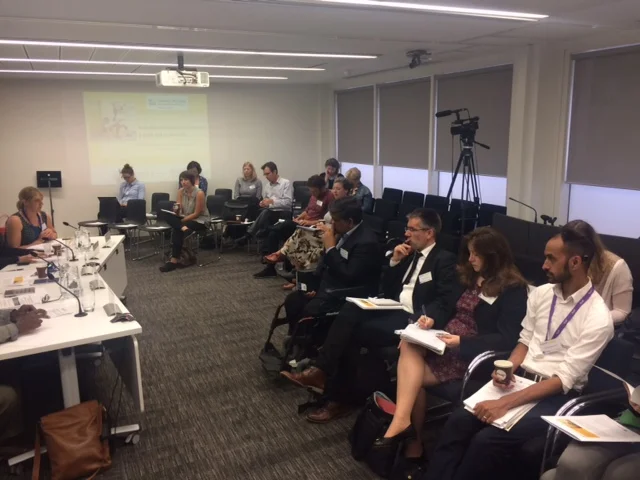
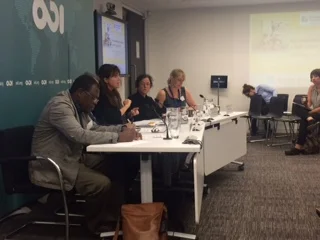

The event is part of the project Evaluating anti-discrimination measures supported by Save the Children, UNICEF, the Expert Group for Aid and Studies (EBA) of the Swedish Government, and the Swiss Agency for Development and Cooperation (SDC).


